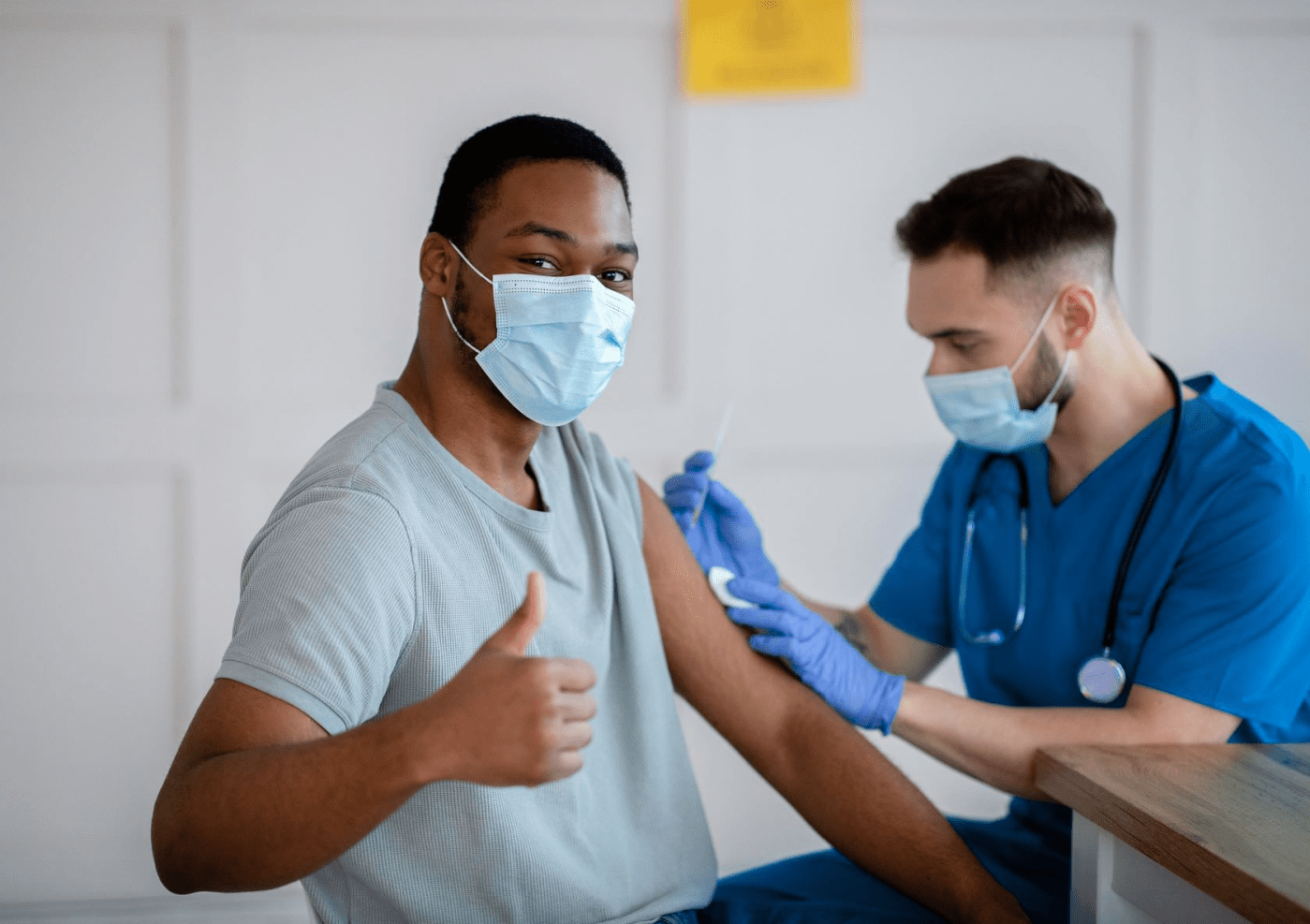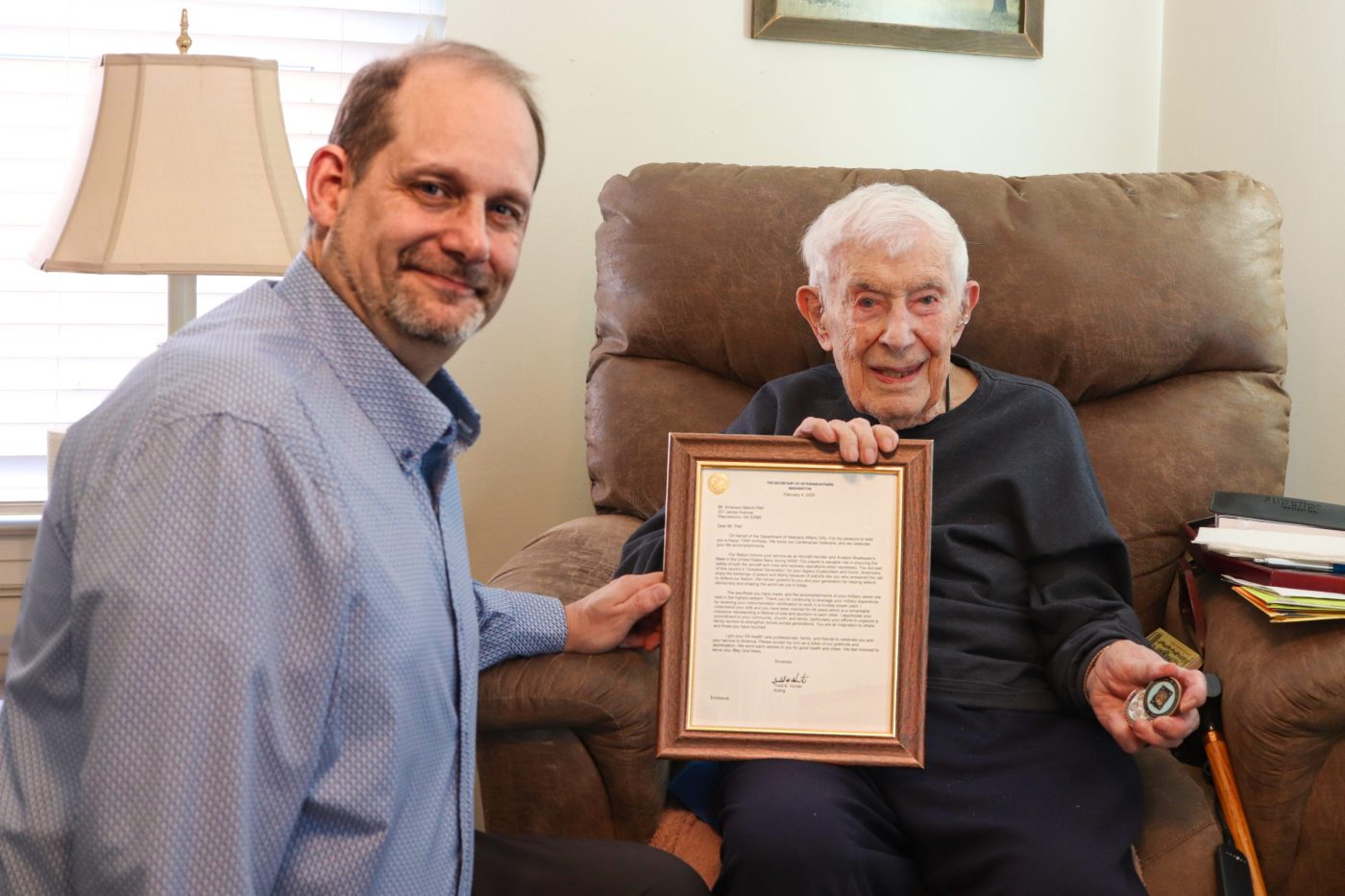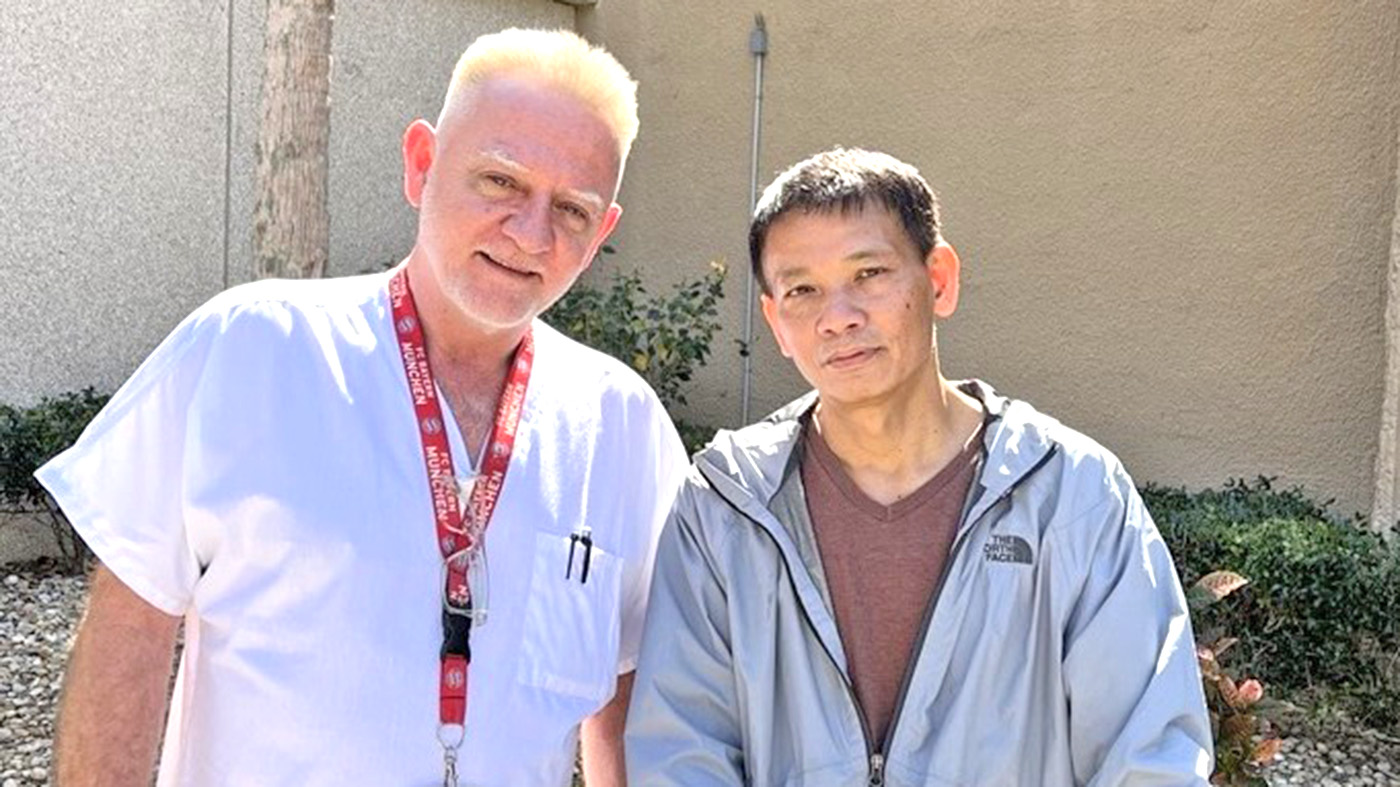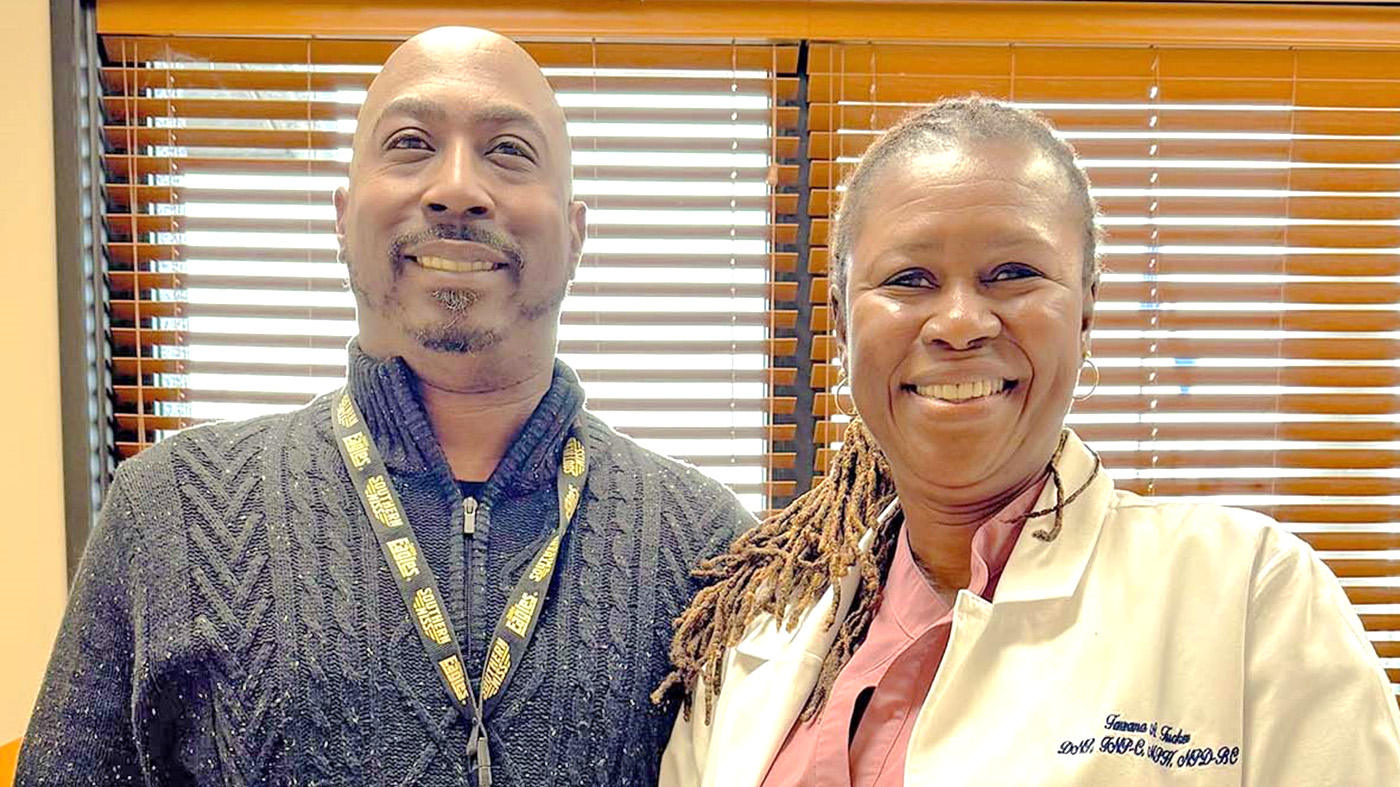VA is aware that some minority Veterans are hesitant to get the vaccine. However, minority Veterans who are eligible to get the vaccine at VA are getting vaccinated at rates similar to non-minority Veterans. VA credits minority Veterans’ willingness to be vaccinated to the agency’s outreach efforts and the relationship that VA clinicians have with their patients.
The COVID-19 pandemic experience and the decision whether or not to get the vaccine is a personal one. Individuals who don’t have confidence in the vaccine come from diverse backgrounds, complex histories and span all ages. Health care professionals must take all of this into account when discussing the benefits of receiving a COVID-19 vaccine.
As a result, we’ve rounded up five VA minority health care professionals who speak about their personal and professional experiences with the COVID-19 vaccine in a new video produced by VA: Fighting for Our Lives: VA Minority Clinicians Talk COVID-19 Vaccine.
VA Pharmacist talks historic minority concerns
Dr. Ivan Cephas, chief of Pharmacy Services at the Washington D.C. VA Medical Center (VAMC), related the hesitancy among the previous generation due to historical detrimental experiences, such as the Tuskegee experiment. Dr. Cephas shares that there’s a general mistrust because people are not aware of the laws that have been put in place to prevent the Tuskegee experiment from happening again. He notes that they included more African Americans in the COVID-19 vaccine trials than previous trials.
Community experiences shape response to COVID-19 vaccine
Dr. Christine Chee, psychologist at the Albuquerque Veteran Center, is a member of the Navajo Nation. Her story highlights one of the many realities that Native American communities have had to face during the COVID-19 pandemic. Dr. Chee shared the devastating impact the pandemic has had on her family and the community.
“The Navajo Nation has lost so many,” she said. “I come from a large family and sometimes I feel like an anomaly, but I have lost seven relatives, including someone who postponed medical treatment because she didn’t want to get sick.”
The startling losses in Dr. Chee’s family and broader community have shaped her perspective. Dr. Chee’s video interview serves as a reminder that minority health care professionals can use their own experiences to educate their communities and help build vaccine confidence.
Women’s health expert discusses the value of vaccines
Dr. Chelsea Cosby, deputy director of Women’s Health, also speaks to the importance of providing patients with the broader picture and the underlying risks that COVID-19 presents to minority communities, including pregnant and breastfeeding women.
“I recommend the vaccine to all my patients, even if you are a woman of childbearing age, if you’re pregnant, or even if you’re breastfeeding,” she said.
Also included in the video: a Hispanic nurse and an Asian Pacific Islander pathologist, who shared their perspectives on the COVID-19 vaccine.
Making your decision
VA knows that every client and patient has a unique story. Health care professionals work hard to acknowledge concerns and fears while simultaneously relaying the facts that will help provide context in weighing risks of getting COVID-19 and the benefits of being vaccinated. Ultimately the choice is personal, but the neighborhood pharmacist, nurse, psychologist and doctor are nearby to help individuals make the best decision for themselves and their communities.
For more information, visit the CDC COVID-19 Vaccine website.
Dr. Jane Kim is chief consultant for Preventative Medicine of the Veterans Health Administration.
Topics in this story
More Stories
When asked if he's a hero, 100-year-old WWII Navy Veteran Emerson Pell gave a short, modest response: “I was just a normal guy.”
A member of the Care Transition Clinic got to demonstrate his I CARE values for an Army Veteran.
When a Veteran explained a diabetic health issue to staff, they scheduled an immediate medical appointment.





